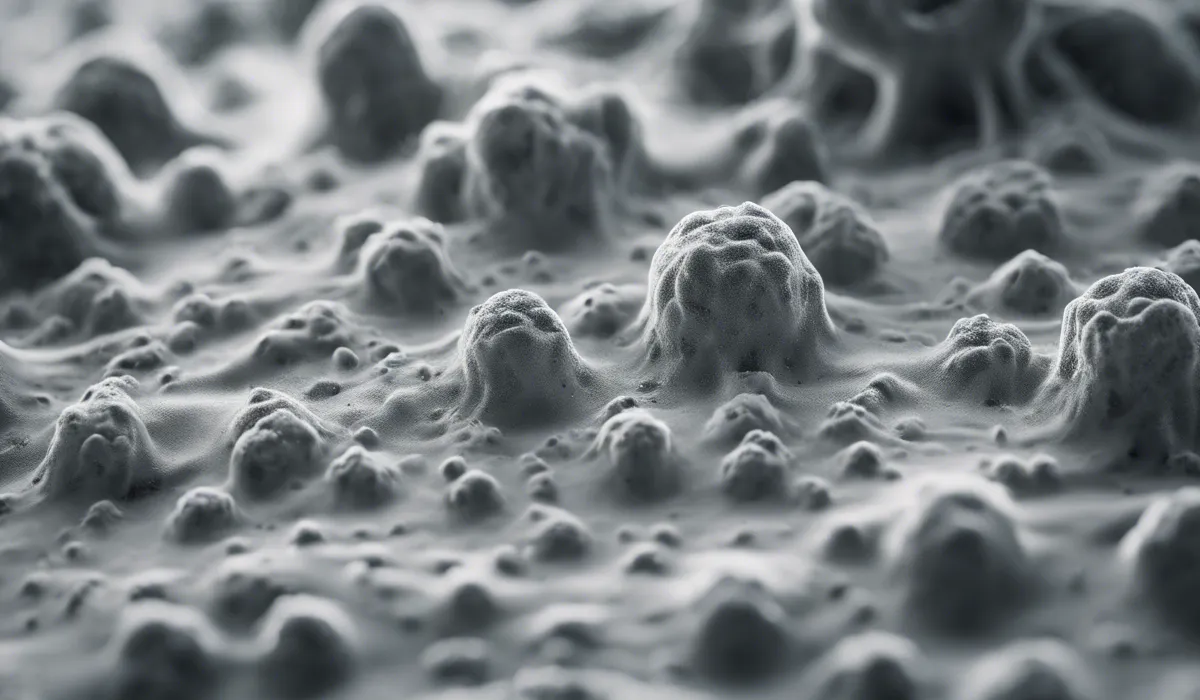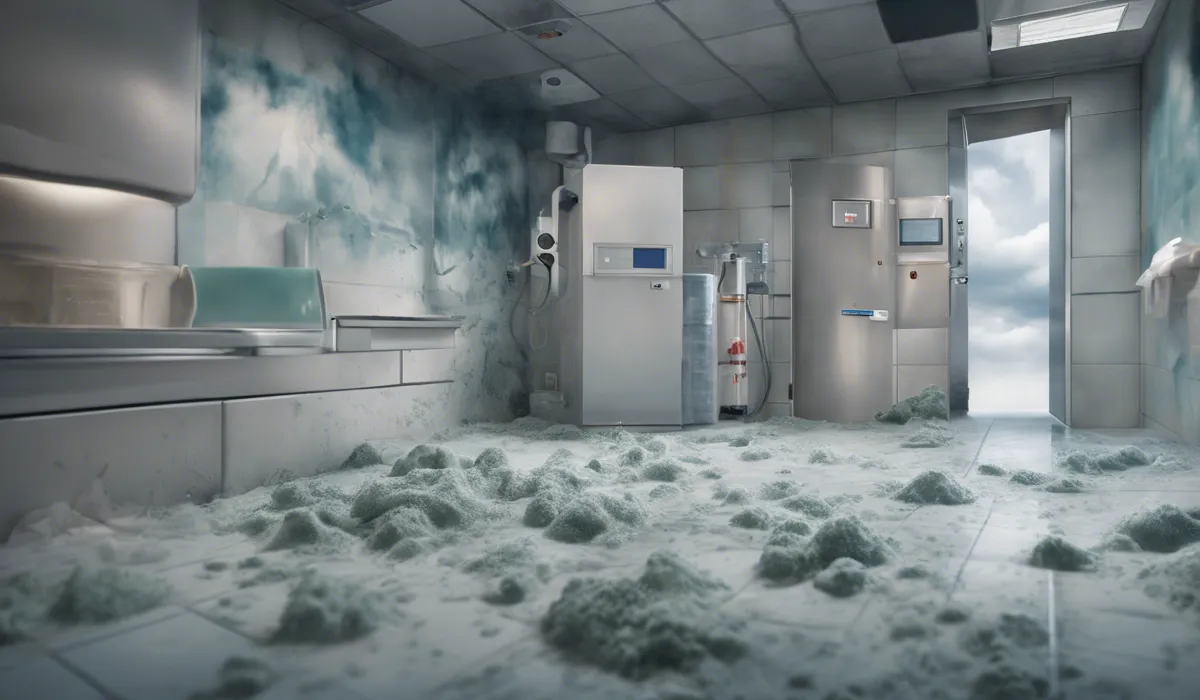While mold itself is not a direct cause of seizures, exposure to certain molds can produce mycotoxins, which may potentially exacerbate pre-existing neurological conditions or trigger allergic reactions that could, in rare cases, lead to seizures in susceptible individuals.
Understanding Mold and Its Effects on Health

What is Mold?
Mold is a type of fungus that can grow almost anywhere there is moisture and organic material. It reproduces by releasing tiny spores into the air.
In homes, mold often appears as spots on walls, ceilings, and other surfaces, in various colors like black, white, green, or orange.
Common Household Molds
Some molds you might find in your home include Cladosporium, Penicillium, Aspergillus, and the infamous black mold, Stachybotrys chartarum.
These molds can grow on paper, wood, carpet, and foods.
Health Issues from Mold
People exposed to mold may experience coughing, sneezing, sore throat, and in some cases, skin rashes or even asthma attacks.
Those with allergies or asthma may be more sensitive to mold.
Allergic Reactions to Mold
Mold can cause allergic reactions in many people. Symptoms may include itchy eyes, runny nose, and other typical allergy symptoms.
For those with mold allergies, these responses can be immediate or delayed.
Respiratory Problems from Mold
Inhaling mold spores can lead to respiratory issues, especially for those with pre-existing conditions.
It can cause coughing, wheezing, and trouble breathing. For asthmatics, mold can trigger severe asthma attacks.
Mycotoxins and Neurological Effects
Mycotoxins are toxic substances produced by some molds.
These toxins can affect the nervous system and may lead to neurological symptoms such as headaches, dizziness, and, in extreme cases, may contribute to neurological conditions.
Connection Between Mold Exposure and Seizures

Studies Linking Mold and Seizures
Research has examined the link between mold exposure and the occurrence of seizures. While direct causation is not firmly established, there are indications that mold may play a role in seizure events.
Case Reports of Seizures and Mold
There have been instances where individuals exposed to mold have suffered from seizures. Although these cases are rare, they raise concerns about the potential effects of mold on the brain.
Impact of Mycotoxins on the Nervous System
Mycotoxins can interfere with normal nerve function. While not all molds produce mycotoxins, those that do may be more likely to contribute to neurological conditions, including seizures.
Vulnerable Populations and Seizure Risks
People with weakened immune systems, infants, and the elderly may be more at risk of health issues from mold, including seizures.
It is important to monitor these groups closely for any signs of adverse reactions to mold exposure.
Managing Mold Exposure to Mitigate Health Risks

Identifying Mold in Your Environment
To manage mold, you first need to find it. Look for visible signs of mold growth or a musty smell.
Mold thrives in damp areas, so check places like bathrooms, kitchens, basements, and around leaks or floods.
Safe Mold Removal and Remediation
When dealing with mold, it’s essential to wear protective gear and use the right cleaning products.
For large areas or severe infestations, consider hiring professionals to ensure that the mold is properly and safely removed.
Seeking Medical Evaluation After Exposure
If you suspect you’ve been exposed to mold and are experiencing health issues, see a doctor.
Medical professionals can evaluate your symptoms and recommend the best course of action.
Preventative Measures Against Mold
Preventing mold growth is key. Keep your home dry, use dehumidifiers if necessary, fix leaks promptly, and ensure good ventilation.
These steps can help reduce the risk of mold-related health problems.
FAQs About Mold and Seizures
Can mold exposure directly cause seizures?
No, mold itself is not a direct cause of seizures.
What are mycotoxins and can they cause seizures?
Mycotoxins are toxic compounds produced by certain molds that may potentially exacerbate neurological conditions, which could lead to seizures in very rare cases.
Could someone with no history of neurological conditions have a seizure induced by mold exposure?
While unlikely, individuals with a severe allergic reaction to mold exposure might experience seizures in rare circumstances.
Are certain individuals more at risk of having a seizure triggered by mold?
Yes, individuals with pre-existing neurological conditions or severe mold allergies may be more susceptible to seizures triggered by mold exposure.
Should people with epilepsy be concerned about mold exposure?
While mold is not a direct cause of seizures, people with epilepsy may want to avoid exposure to mycotoxin-producing molds as a precaution.
Final Thoughts
Mold itself is not a direct seizure trigger. However, certain molds produce mycotoxins that could worsen existing neurological conditions or provoke allergic responses.
In individuals prone to seizures, such reactions may occasionally result in seizures, highlighting the importance of mold exposure management for those at risk.
